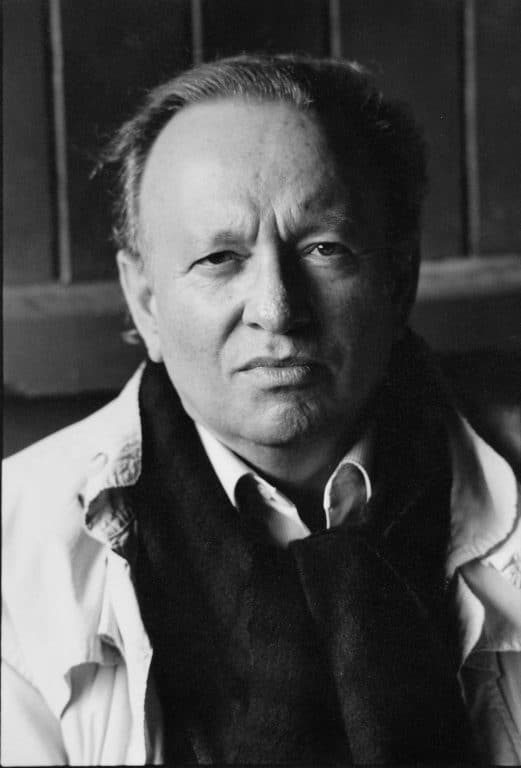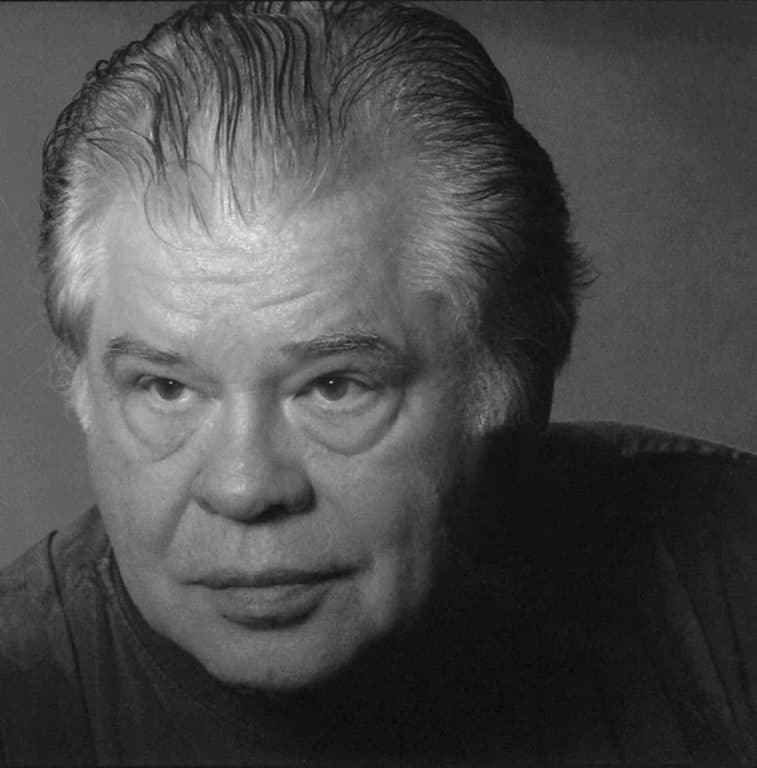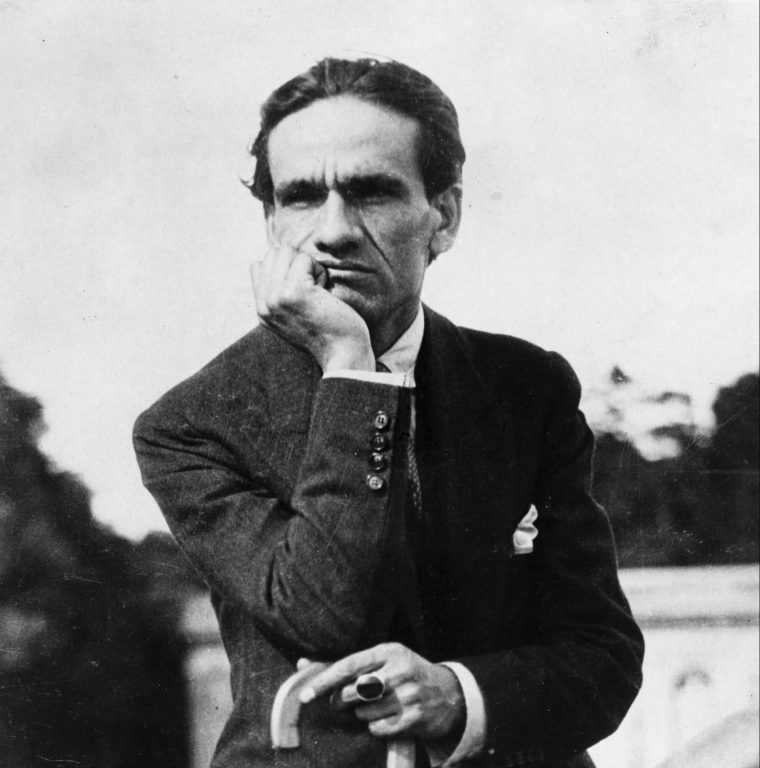At first glance (or even after several glimpses, as we are revisiting this poem), you might find the slim column of text that is Jan Zwicky’s poem “When You Look Up” simple, modest and unassuming. But oh, the sensory shifts through which Zwicky swiftly takes you will make you appreciate each sensation in startlingly new…
At first glance (or even after several glimpses, as we are revisiting this poem), you might find the slim column of text that is Jan Zwicky’s poem “When You Look Up” simple, modest and unassuming. But oh, the sensory shifts through which Zwicky swiftly takes you will make you appreciate each sensation in startlingly new ways.
To start, how you see is compared to something tactile:
“a density
of some kind”
… and then in rapid succession, to something auditory:
“like a pitch
that’s just outside the range
of hearing”
How delightfully disorienting is that?
It’s not just how one sense is substituted for another that leaves you feeling this way. The line:
“I saw air”
leaps outside of the column of text surprisingly, mischievously, leading your eyes on a merry chase. As the rest of your senses follow in pursuit, it becomes clear (where the clarity, again, can take many forms) that all this sensory upheaval is created by the glance of a loved one, culminating in:
“The plunge and thunder of the pool.
The ripple at its farthest edge.”
You arrive at the final line out of breath – whatever breath is! – and exhilarated.




